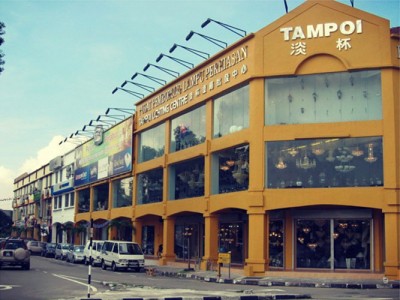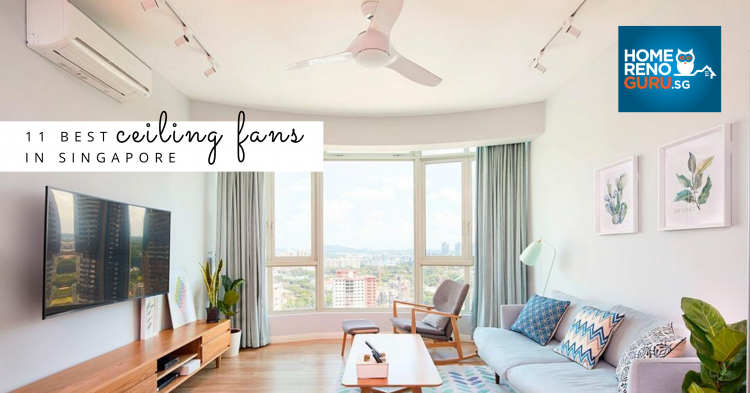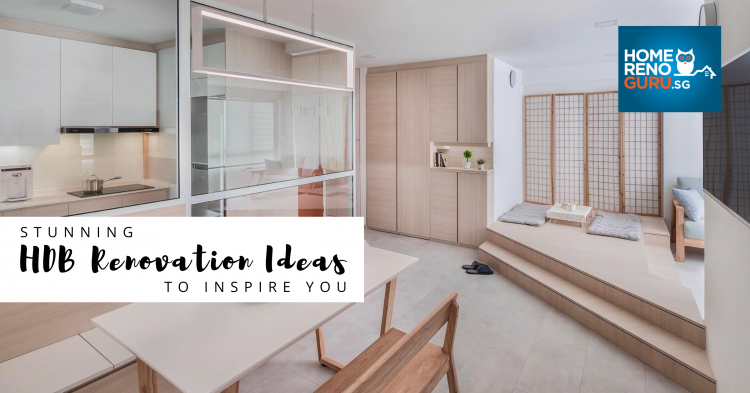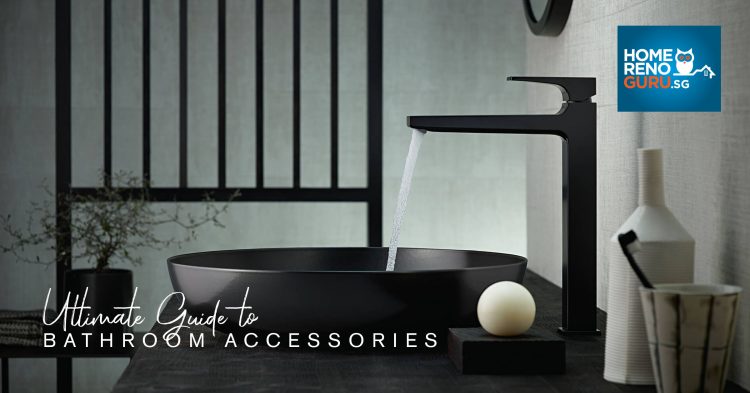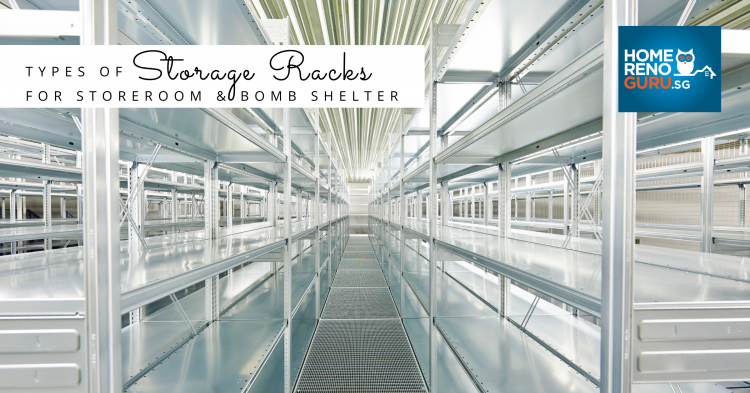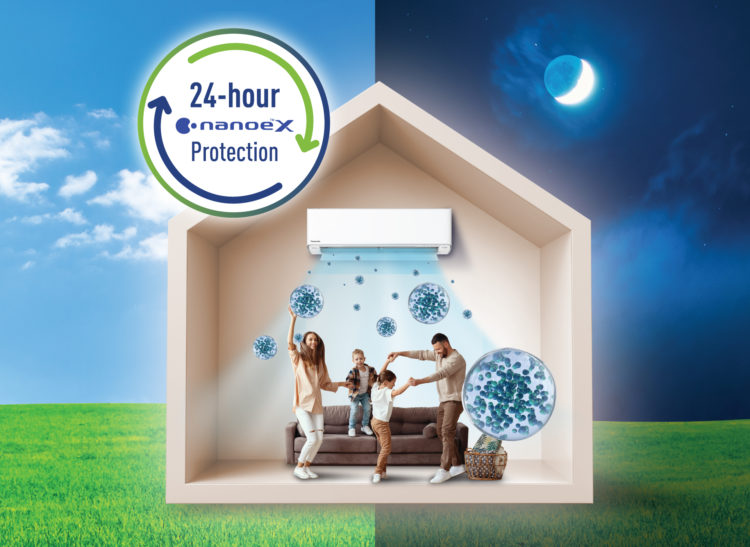
It’s a blistering hot day and when you switch on your air-conditioning, you discover you’ve paid for a lemon. Lemons can spoil your day. Here are some tips on the selection and maintenance of your air-conditioner.
FIND YOUR MATCH
The choices for air-conditioners can be mind-boggling when you are faced with a multitude of brands and features.
First, assess your needs. Do you need the air-conditioner for individual rooms or the living room? Air-conditioners are rated in BTU (British Thermal Units). Every air conditioning system has a cooling capacity that ranges from 5000 BTU/hr for the standard ones to 18000 BTU/hr for the powerful ones. So what should be the capacity of your air-conditioner? A simple estimation is a formula: Area (Length x Width)
X 65 = BTU/hr. If you are living in a HDB flat, you are only allowed to install two types of air-conditioners: window units and split units.
Secondly, if you have a preference for an air-conditioning system that is extra quiet or energy efficient, have the salesperson or contractor explain the benefits of using an inverter air-conditioner and analyse if it is suitable based on your usage patterns. Here’s one way to calculate your estimated electrical consumption: Input (kW) X No. of hours used X No. of days / month X Current Utility Rate.
SHOULD YOU GO CHEAP?
You will have to bear in mind that by choosing the ‘cheap’ option, you are usually getting what you have paid for. The average life span of any air-conditioner is six to seven years.
Cheaper brands in general do not cover warranty on certain aspects. If your warranty does not cover compressor failure, you may have to get a technician to come fix it at an additional cost. And if your compressor has to be replaced, you will most probably end up paying for a new compressor which can cost as much as getting a new system. Now, that will certainly be a bad lemon spoiling the day.
ADDING VALUE TO YOUR HOUSE
Being hot all year round here gives us the perfect excuse to laze under the cooling breeze of air-conditioners. But can an air-conditioning system add value to your house? The answer is yes.
If you could choose between a house that comes with an air-conditioning system and one which doesn’t, which one would you choose? Very likely you will choose the one that comes with it.
KEEPING IT CLEAN
You can be proactive in taking care of your air-conditioners by cleaning the fan coil, and the exterior and interior covers of the air conditioner. However, certain tasks like vacuuming the drainage system and checking on the refrigeration level cannot be done without the equipment. Chemical washing is also best left to the professionals as they need to make sure no residue is left that may lead to corrosion of the fan coil.
Your air-conditioner should be serviced once every two months to maintain the system’s performance and cooling efficiency. Regular servicing will help extend the life span of the air-conditioner, or else the cooling coil and rotor may be clogged and water leakage will occur.
SMART VS NON-SMART AIRCON
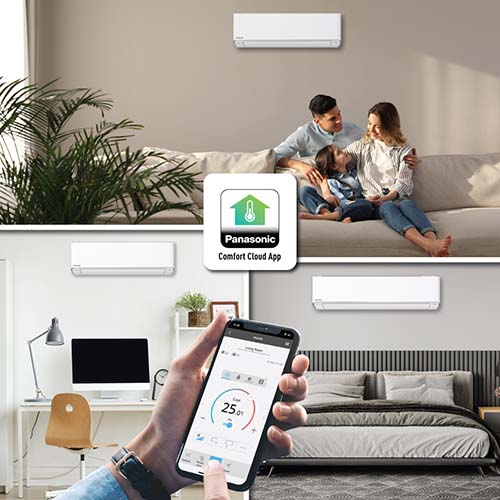
Smart air conditioners use advanced technology to regulate the temperature in a room or an entire home. They are connected to the internet and can be managed remotely through smartphones or tablets. Smart air conditioners are energy-efficient, and their temperature can be adjusted from anywhere, even outside the home. They also offer various features such as scheduling, alert notifications, and energy-saving modes.
On the contrary, non-smart air conditioners don’t have internet connectivity and can only be controlled manually from their respective remote controls. This means that users cannot control non-smart air conditioners from outside their homes, and they do not have access to advanced features such as scheduling or energy-saving modes. Despite this, non-smart air conditioners are still reliable and efficient in keeping a room or home cool.
Ultimately, the choice between smart and non-smart air conditioners comes down to personal preference and needs. Smart air conditioners are the way forward for individuals who love technology and desire advanced features, while non-smart air conditioners are suitable for individuals in need of a basic cooling solution.
Check out HomeRenoguru’s partner, Panasonic’s list of smart and non-smart aircon!
——–
Cover photo courtesy of Panasonic.


